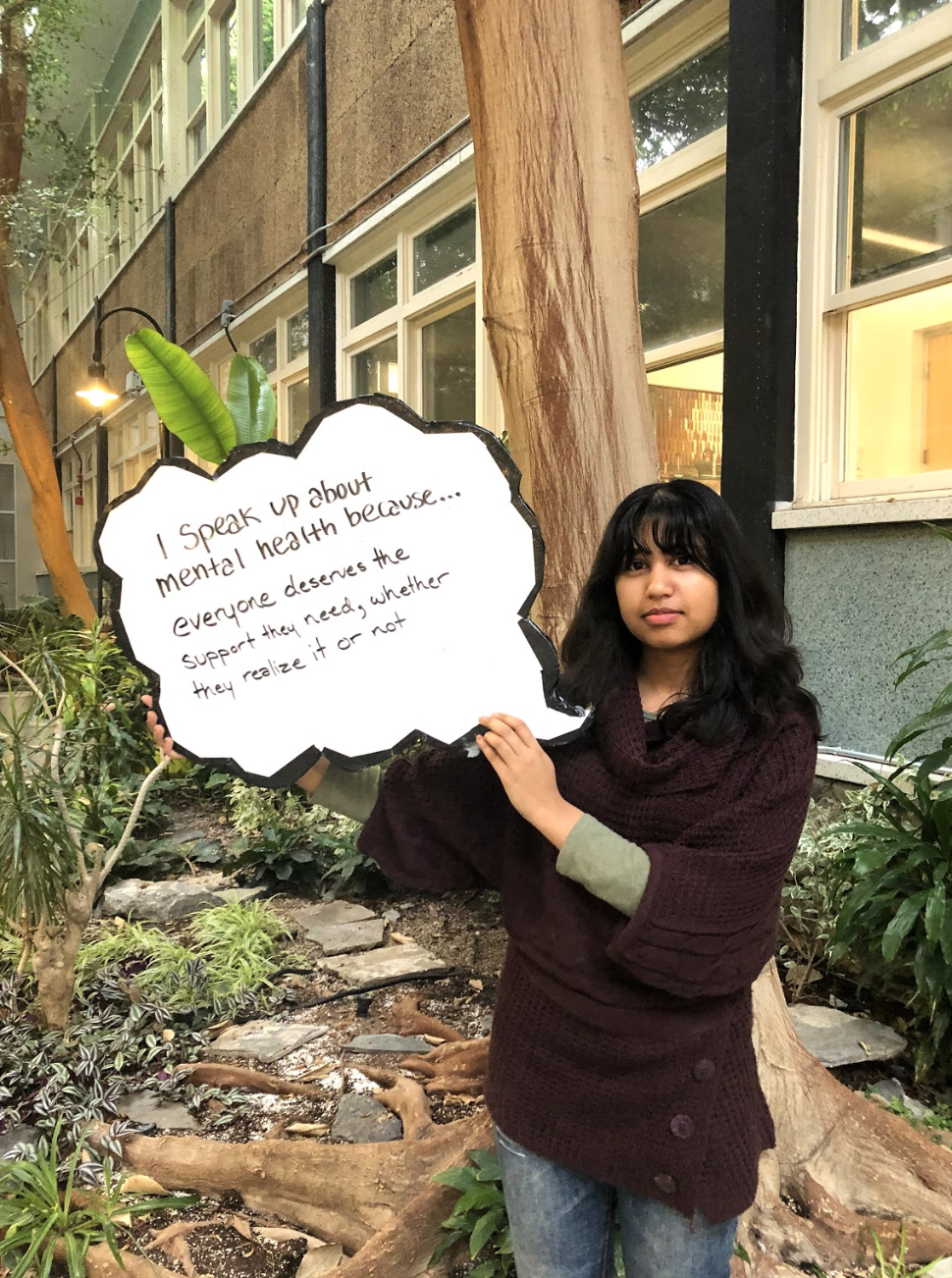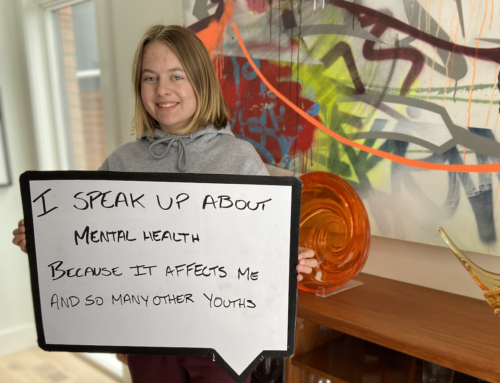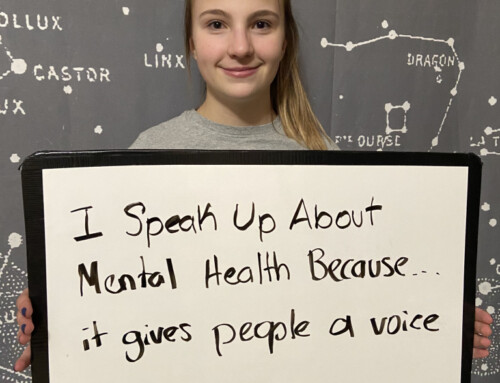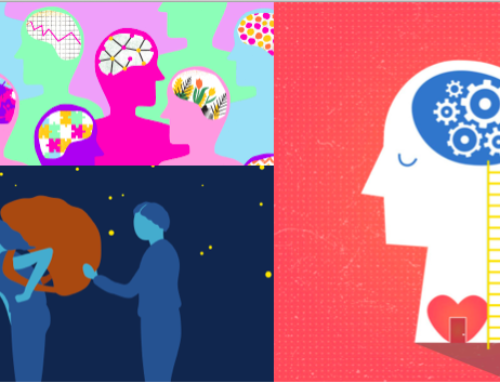Tell me a little bit about how you’ve been involved in mental health initiatives around Calgary:
I started getting involved in mental health initiatives around 2017 because I started to realize it was something that affected a lot of people around me. Slowly, I started to notice more discussions online about anxiety and depression, which peaked my interest. In 2017, I also experienced a loss due to mental health. A singer that I looked up to, Jonghyun from Kpop band Shinee had passed away. A lot of Jonghyun’s music didn’t mention his depression, but it did talk about his experience with mental health indirectly. He also hosted a radio show where he was quite open about it. The radio show brought people and his fans together and reminded all of us that at the end of the day, we’re all just people that experience somewhat similar things. When I saw people that I looked up to struggling, I decided to do something about it and be of help within my own community, so I started volunteering at the Distress Centre. I feel like the work I get to do at the Distress Centre has been very fulfilling and I actually feel like I am making a valuable resource for people who are struggling with mental health and other issues.
How do you think your work at the distress center has impacted you and your growth?:
Overall, volunteering at the Distress Centre has allowed me to learn a lot about conversations. I think I understand how to direct conversation without influencing them in any way. I am also much more comfortable building rapport with people. This usually comes with practice and is just a matter of getting people to feel comfortable with you. Something that I’ve grown to express more is empathy, which is very important when speaking to individuals who are vulnerable. Over time, I have been able to use these new qualities to help build a better community around myself consisting of supportive friends because I am better able to share my experiences that others can relate to, bringing us all together.
What is something valuable you’ve learned while working with the distress center, and how do you apply it to you everyday life?:
I once said something to my mom because the Distress Centre had done a presentation at her work place. She was talking about how they were taught guidelines for suicide prevention since she is an English teacher for new immigrants and refugees. I told her that everybody needs that kind of support, and this also includes people that work and volunteer at the Distress Centre and other workplaces. You never know who needs to hear that information. Sometimes, we forget that those around us are the ones who need support the most, so I actively try to be there for my friends and family when they need it. Another valuable thing I’ve learned while working at the Distress Centre is that mental health manifest in multiple ways, so one’s personal experience with depression may be very different from someone else’s.
How do you feel about the current awareness surrounding mental health right now, and how do you believe it can be improved?:
The way in which mental health is diagnosed is following the DSM (Diagnostic and Statistical Manual of Mental Disorders), and now we are on the fifth edition. The manual is constantly in need of revision because a lot of what we interpret, or used to interpret as mentally ill is socially linked. For example, in the past, being gay was considered a mental illness, but over time we have come to understand that at that time is was just socially unacceptable. There are a lot of factors that come to play when we classify mental illness and these things are always changing. What the DSM does help with is providing access to what people need, however, I also feel like the label it provides can be debilitating at times. It may make people feel like they have more of a burden than others in life. I believe it’s important to see it as a means to access help, not as something that defines you. If people began to define themselves based on their anxiety, but one day it goes away, they might struggle. I hope that people don’t live their lives thinking all they are is their mental illness, and that we begin to better understand the social implications surrounding mental health.
You are currently majoring in Psychology and Anthropology, how do you implement your interest surrounding mental health into your academics?
I feel like a lot of what we are discussing right now was a result of my academics. It’s important to cross the boundary between academics and things we are passionate about. Having both sides of the picture helps me improve both academically and also how I apply my skills at the Distress Centre. Through my academics and my volunteer work, I see the importance of implementing early intervention systems and community projects, especially for people living in poverty to help foster a sense of resilience. From research, it is evident this decreases poor mental health rates by a lot, and you would be saving money, but unfortunately programs like these don’t get a lot of funding because the effects are not seen in the short term.
How do you see yourself being involved in mental health initiatives later on in life?:
I think for me, I fall into a minority of people pursuing psychology as a major because I’m more interested in the social aspect while others are more interested in the scientific aspect. Despite having interest in clinical psychology, the structure is something I’d like to focus on. With my anthropology approach, it’ll be easier for me to do that. I hope to focus on continuing my education, and getting my masters. Community engagement and mental health will always be an essential part of my life because it’s something that provides me with support as well, and gives me the ability to apply my academic work into practice.




